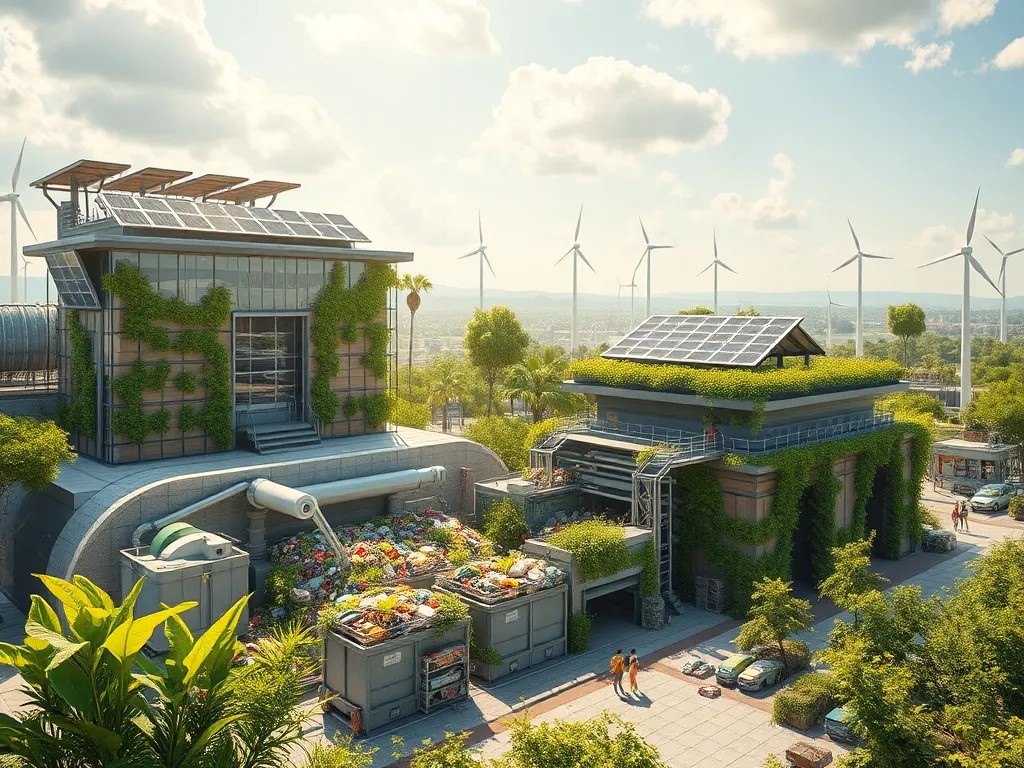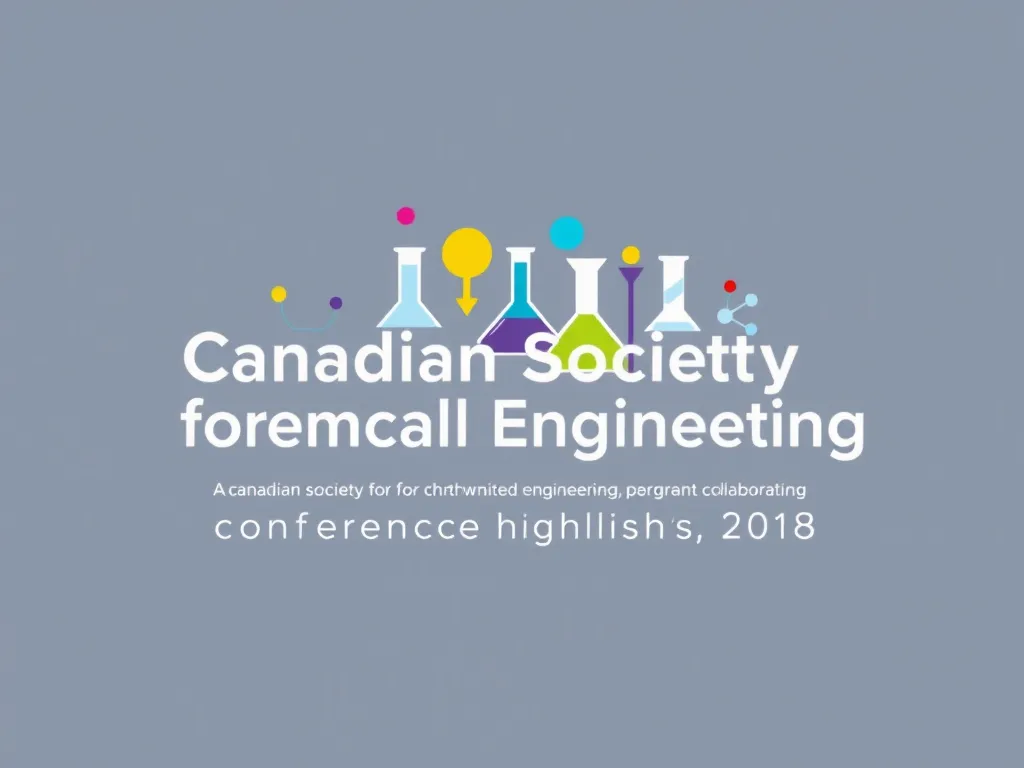Innovative Strategies for Future Waste Management

Future Waste Management: A Path Towards Sustainable Solutions
Future waste management is poised to change drastically as societies become increasingly aware of the environmental challenges posed by waste generation. The concept encompasses innovative approaches that prioritize sustainability, efficiency, and community engagement to reduce the volume of waste produced and ensure that materials are reused or recycled. With advancements in technology and shifts in regulatory frameworks, future waste management strategies will focus on creating a circular economy, where waste materials are seen as resources rather than trash.
In the realm of future waste management, sustainable practices will take center stage. This involves comprehensive strategies that encourage organizations and individuals to minimize waste through initiatives like zero waste programs, which aim for the complete diversion of waste from landfills. Emphasizing reduction, reuse, and recycling, these practices not only help mitigate environmental impacts but also promote economic savings and resource conservation. The success of future waste management lies in consistently adopting these sustainable practices on both local and global scales.
Technological innovations will play a pivotal role in shaping the future of waste management. The integration of smart technologies, such as IoT-enabled waste bins and automated sorting systems, will improve efficiency and effectiveness. Enhanced data collection and analytics will allow waste management systems to be optimized for better resource allocation and waste diversion rates. By harnessing technology, organizations can streamline their processes and ultimately drive better outcomes in waste management practices.
The transition to a circular economy is one of the most significant developments anticipated in future waste management. This approach emphasizes the importance of reducing waste generation through thoughtful design, sustainable product development, and resource efficiency. By focusing on principles such as reducing, reusing, and recycling, stakeholders can develop systems where materials are continually reused, thereby minimizing the need for virgin resources. This shift will require collaboration across industries, governments, and communities to create an ecosystem that supports circularity.
Policy frameworks will also dictate the efficiency of future waste management efforts. By establishing regulations that promote sustainable practices, such as extended producer responsibility and landfill diversion goals, governments can incentivize businesses to adopt greener practices. Public policies will need to evolve alongside societal expectations for responsible waste management, ensuring accountability throughout the supply chain and mitigating the impacts of waste effectively.
Innovative technologies are revolutionizing waste management, effectively contributing to sustainable energy solutions, such as Powering Our Future with Trash.
Sustainable Waste Management Practices
Future waste management will increasingly include sustainable practices like zero waste initiatives which encourage reducing waste production to a minimum. These initiatives focus on holistic approaches, challenging individuals and organizations to rethink their consumption patterns and drive systemic change in waste generation. By moving towards a zero waste philosophy, communities can foster innovation and creativity in minimizing environmental impact.
Another crucial component of sustainable waste management is composting and organic recycling. This practice allows organic waste, such as food scraps and yard trimmings, to naturally decompose, creating nutrient-rich compost that can be used to enrich soil. By diverting organic waste from landfills, composting reduces methane emissions and enhances local agricultural practices. Communities that encourage organic recycling not only improve waste diversity but also promote environmental health.
Community recycling programs are essential for engaging citizens in sustainable waste management practices. By providing accessible recycling facilities and educational programs, cities can foster a culture of sustainability. These programs encourage individuals to participate in waste reduction efforts actively, demonstrating the impact of collective action in achieving environmental goals. Furthermore, community-led initiatives can tailor solutions to local waste management challenges, promoting ownership and accountability.
Technological Innovations in Waste Management
The advent of technology will revolutionize waste management systems through smart waste bins and IoT applications. These connected devices can monitor waste levels, optimize collection routes, and provide real-time data to waste management providers. By utilizing technology, cities can enhance efficiency, reduce operational costs, and ensure that resources are allocated appropriately based on real-time waste generation data.
Waste-to-energy technologies are gaining traction as innovative solutions in future waste management. These technologies convert waste materials into energy through processes such as incineration, gasification, or anaerobic digestion. By harnessing energy from waste, communities can decrease landfill waste and provide sustainable energy sources. This approach not only addresses waste disposal issues but also contributes to energy diversification and greenhouse gas reduction.
Artificial intelligence (AI) will play an integral role in waste sorting and recycling processes. Advanced algorithms can analyze waste composition, identify recyclable materials, and improve sorting accuracy. By automating these processes, AI can streamline recycling operations, reduce contamination rates, and increase the efficiency of material recovery facilities. The ability of AI to learn and adapt will enable continuous improvements in waste management systems.
Circular Economy and Waste Reduction
The principles of a circular economy will guide future waste management strategies, emphasizing the importance of designing products with their entire lifecycle in mind. This approach promotes a shift away from the traditional linear model of take-make-dispose to one that values resource regeneration and waste minimization. By prioritizing product durability, reuse, and recycling, businesses can contribute to a more sustainable economic model that benefits the environment and society.
Product life cycle management will become a pivotal factor in waste reduction strategies. This involves assessing the environmental impacts of products from inception to disposal, ensuring that materials are managed responsibly throughout their life cycles. Effective life cycle management practices can help organizations identify opportunities for reducing waste generation, enhancing recyclability, and prolonging product life, contributing to overall sustainability.
Design for disassembly is another critical aspect of the circular economy, encouraging product designers to create items that can be easily taken apart for repair, reuse, or recycling. By enabling easier disassembly, manufacturers can significantly reduce waste while enhancing the recyclability of their products. This design philosophy aligns with the principles of sustainability, driving the development of next-generation products that are both functional and environmentally responsible.
Policies and Regulations in Waste Management
Effective policies and regulations will be at the forefront of future waste management strategies. Governments worldwide are already implementing regulations that aim to reduce waste production and promote sustainable practices. Global initiatives, such as the United Nations' Sustainable Development Goals, encourage countries to adopt waste reduction targets and improve waste management infrastructure, highlighting the growing commitment to environmental sustainability.
Extended producer responsibility (EPR) is a policy approach that holds producers accountable for the entire life cycle of their products, including post-consumer waste management. By shifting responsibility back to manufacturers, EPR encourages businesses to design more sustainable products and develop take-back programs. This regulation fosters innovation and helps reduce waste at its source, leading to a more sustainable future.
Incentives for sustainable practices, such as tax breaks or grants for businesses adopting eco-friendly practices, will be essential in promoting future waste management initiatives. By providing financial support for green innovations and sustainable operations, governments can encourage organizations to invest in technologies and practices that contribute to waste reduction, ultimately benefiting society and the environment.
Public Awareness and Participation
Public awareness and education will play a crucial role in shaping future waste management. Education and outreach programs can inform communities about the importance of waste reduction and encourage environmentally-friendly practices. By providing information on recycling methods, composting, and sustainable consumption, individuals are empowered to make informed choices, leading to collective behavioral changes that promote sustainable waste management.
Involving communities in waste management strategies is crucial for fostering a sense of ownership and accountability. By empowering citizens to participate in local waste management initiatives, communities can develop tailored solutions that resonate with their unique challenges. Collaboration between community members, local businesses, and government entities can result in innovative programs that engage citizens in achieving sustainability goals.
Behavioral change strategies will also be pivotal in encouraging sustainable waste management practices. By understanding the psychological factors that influence waste generation and disposal behavior, policymakers can design targeted interventions that promote recycling and waste reduction. Effective communication and the implementation of nudge strategies can inspire individuals to adopt more sustainable habits, positively contributing to future waste management efforts.
